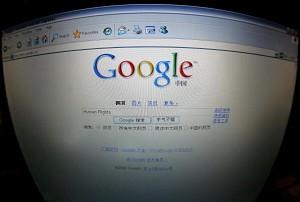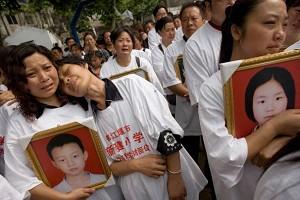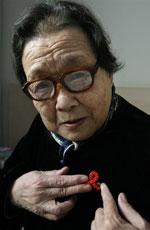CHINA—The phrase “Chinese government” has been censored on China’s official Web sites. If one searches for “central government of the People’s Republic of China” on the Best Tone 114 Web site (China Telecom’s Internet phone service and information platform), one gets: “Sensitive phrase: [we] can only provide news search service.” An Internet user from China told the reporter that even “Mao Zedong” is listed as “illegal information” in some of China’s search engines.
On the Best Tone 114 Web site, not only is “central government of the People’s Republic of China” censored, but “democracy” and “National People’s Congress” are also sensitive information. Zhou Guoqiang, an Internet user from Beijing, said he often comes across such disconcerting situations.
Zhou said, “When you search ‘Mao Zedong,’ ‘Zhu Rongji’ [China’s previous premier], and ‘Wen Jiabao’ [China’s current premier], many Internet search engines will tell you these are illegal phrases. Some chat Web sites won’t even let you key in these phrases.”
According to Zhou, administrators of Chinese Web sites often receive from the government lists of phrases to filter out. All phrases fall into two categories, those that can and those that cannot be searched. Users get “illegal information” in the results if their search falls in the latter category. Sometimes users protest about the censored words being outrageous. Then the administrator will come out and apologize for “technical errors.”
Internet control by the Chinese government not only affects what results the Internet users get, but also impedes the freedom of posting messages on the Internet. Zhou said there are ways to bypass this. “One can add a space between characters of the censored phrases or simply create new names for the censored phrases. We refer to Jiang Zemin as Jiang, and the Chinese Communist Party as ‘Wei-Guang-Zheng’ [”great-honorable-righteous,“ the three words that have always been used to describe the Chinese Communist Party by the Chinese media]. There is a large pool of [these] misused words but it is becoming chaotic.”
Fang Jue, a commentator on China issues who currently resides in the U.S., said, “Censoring the phrase ‘Chinese government’ tells people that government control over the media is way too much. Internet control in China blocks all phrases that can possibly lead the people to ponder democracy, freedom, and human rights. The range of control is going too far. They are blocking every neutral phrase that relates to politics.”



